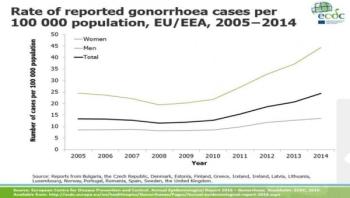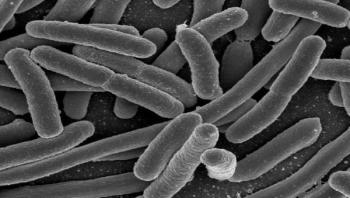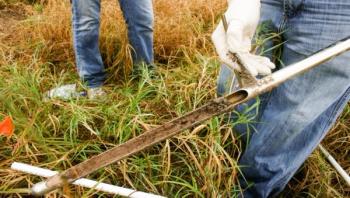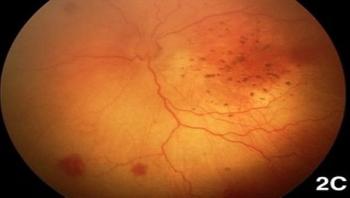
Since 2008, the overall rate of reported gonorrhea infections has more than doubled across Europe, going up from 8 per 100,000 population to 20 cases per 100,000 persons in 2014.

Since 2008, the overall rate of reported gonorrhea infections has more than doubled across Europe, going up from 8 per 100,000 population to 20 cases per 100,000 persons in 2014.










The Multidrug Resistant Organism Repository and Surveillance Network (MRSN) at the Walter Reed Army Institute of Research (WRAIR) characterized a transferrable gene for colistin resistance in the United States that may herald the emergence of truly pan-drug resistant bacteria.


As a 35-year veteran of environmental services, Scott Hedding, MBA, FACHE, the system director of environmental services for Aurora Health Care in Milwaukee, Wis., understands fully the critical role that his department plays in patient safety and infection prevention. He champions the 500 environmental services professionals that are in the 1,700-bed Aurora Health Care system, driving home the importance of quality improvement, personnel engagement in that process, and personal accountability for keeping patients safe and free from infection. Hedding shares his perspectives on motivating and leading his staff and introducing best practices and new products into existing programs and protocols successfully.




Most U.S. homes are full of familiar household products with an ingredient that fights bacteria: triclosan. Triclosan seems to be everywhere. When we wash our hands, brush our teeth, or do our laundry, we are likely putting triclosan into our water sources.





Researchers studying babies with a Zika virus-related birth defect say they have found previously unreported eye problems possibly linked to the virus that could result in severe visual impairment. In three Brazilian infants with microcephaly, the researchers observed retinal lesions, hemorrhaging and abnormal blood vessel development not noted before in relation to the virus. The findings are being published online today in Ophthalmology, journal of the American Academy of Ophthalmology.






